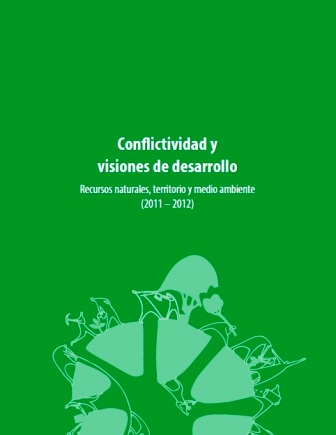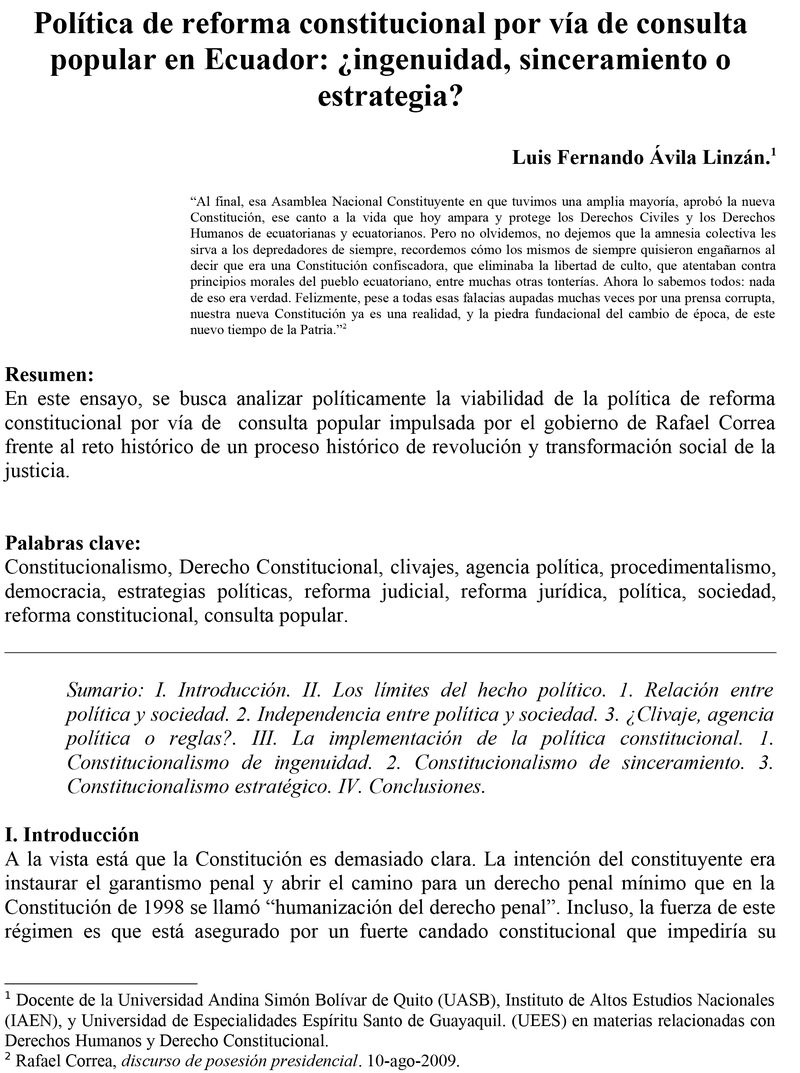Bridging the HLP Gap: The Need to Effectively Address Housing, Land and Property Rights During Peace Negotiations and in the Context of Refugee/IDP Return - Preliminary Recommendations to the Government of Myanmar, Ethnic Actors and the International Comm
ABSTRACTED FROM THE EXECUTIVE SUMMARY: Of the many challenging issues that will require resolution within the peace processes currently underway between the government of Myanmar and various ethnic groups in the country, few will be as complex, sensitive and yet vital than the issues comprising housing, land and property (HLP) rights.





